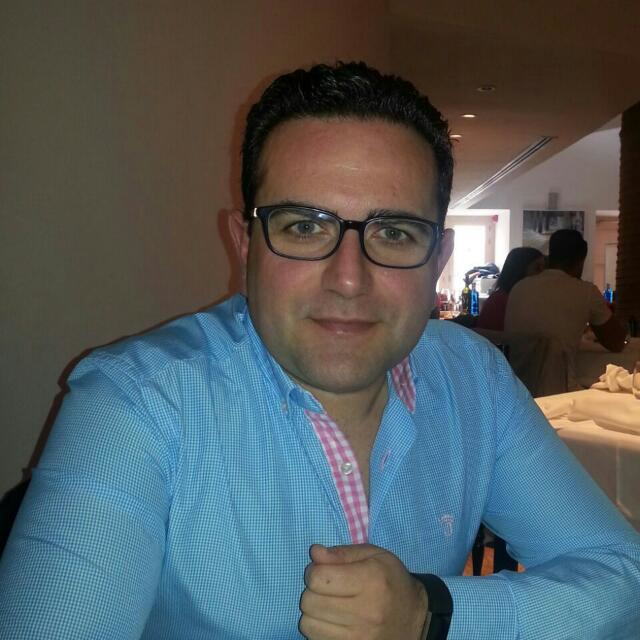.Evaluation instruments for emotional intelligence in children and adolescents

Emotional intelligence (EI) refers to individual differences in the identification, expression, use, understanding and regulation of one’s own emotions and those of others (Brasseur et al., 2013). In recent decades, research has shown that emotional intelligence is a theoretical and empirical construct that has positive relationships with health (Martins, Ramalho, & Morin, 2010), with subjective well-being (Sánchez-Álvarez, Extremera, & Fernández-Berrocal, 2016; Llamas-Díaz, Cabello, Megías-Robles & Fernández-Berrocal, 2022) or with academic performance (MacCann et al., 2020).
Some authors have stated that within EI research two fields of study can be distinguished (Barchard et al., 2016): EI as an ability assessed through peak performance instruments (e.g., MSCEIT v.2.0; Mayer-Salovey-Caruso Emotional Intelligence Test) and EI as a personality trait assessed through typical performance instruments (e.g., TEIque; Trait Emotional Intelligence Questionnaire). It should be noted that there are still few instruments that assess EI as an ability in children and adolescents (e.g., TIEFBA; Fundación Botín Emotional Intelligence Test for adolescents), and EI as a trait (e.g., TEIque-ASF; Trait Emotional Intelligence Questionnaire-Adolescent Short Form; TEIque-CSF; Trait Emotional Intelligence Questionnaire-Children Short Form).
In this sense, the main objective of this symposium is to describe some of the most important instruments to assess emotional intelligence as a personality trait, as well as some of its dimensions, such as emotional regulation, in children and adolescents in the Spanish-speaking context.
JAVIER CEJUDO
University of Castilla-La Mancha. Spain
Dr. Javier Cejudo is Professor in the Area of Developmental and Educational Psychology and Vice-Dean of Practices, Studies and Research at the Faculty of Education of Ciudad Real (UCLM). He teaches in the Degree in Primary Education, in the Master’s Degree in Applied Psychology Research and in the Master’s Degree in Secondary Education, Vocational Training and Language Teaching. He is also a collaborating professor in the Master’s Degree in Emotional Intelligence at the UNED. As for his academic background, he has a degree in Psychology from the Complutense University of Madrid and a degree in Psychopedagogy, a Master in Innovation and Research in Education and a PhD in Education with an extraordinary doctoral award from the UNED.
Founding member of Eduemo Lab (Emotional Education Laboratory of the UNED) as an academic framework of collaboration between researchers of the UNED and the UCLM. He has been a member of the following scientific societies: Scientific Association of Psychology and Education (ACIPE), Iberoamerican Association for Research on Individual Differences (AIIDI), Spanish Society of Pedagogy (SEP) and the Professional Association of Counselors of Castilla La Mancha (APOCLAM).
Her main line of research is related to the promotion of emotional intelligence education and socioemotional competences in the educational environment in the stages of Early Childhood Education, Primary Education and Secondary Education, as well as the evaluation of the effects of these programs in children and adolescents. Other current lines of research focus on teacher training and capacity building in emotional education.












